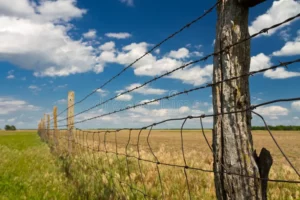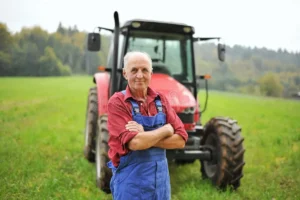It’s inevitable that problems will arise from time to time when you’re dealing with something as complex and extensive as your home’s piping system.
It’s a question of when, not if!
It doesn’t necessarily mean that every situation requires the expertise and knowledge of a plumber. There are some situations that require a professional plumber, but there are many others that homeowners can handle themselves.
Nevertheless, many of these issues should be addressed sooner than later. The longer you leave them unchecked the more likely it is that the problem will grow to the point where a plumber with more experience in plumbing issues will be needed.
It’s best to create a plumbing maintenance schedule, and then stick to it. Perform a maintenance check every month on the 1st to ensure that everything is functioning as intended.
Save money by doing small repairs yourself. If you need to call in a professional for any reason, don’t hesitate to do so.
Some of the most common plumbing expenses that homeowners face include:
Faucets that are dripping or faulty
A dripping tap can make you insane, but it will also increase your water bill. Who wants to see all their hard-earned cash go down the drain? This is one of the most common problems that homeowners face.
This type of repair is usually doable without the need for a plumber. It’s actually one of the most popular Do It Yourself (DIY) projects in the country.
It’s likely a washer that is stiff, torn, or dislodged that is allowing water to flow through and causing that annoying drip.
You’ll want this to be addressed as soon as possible, as it can get worse over time, if you don’t act quickly. If the leak has been going on for a long time, other parts could be worn out or corroded. You’ll need a professional to fix it.
Low Water Pressure
If your once healthy water pressure is reduced and you are not getting as much water out of your pipes as you would like, it could be a simple issue or something more complex.
The most common cause of low pressure is a buildup or sediment. This occurs when water flowing through your pipes contains dissolved materials which can attach themselves to metal surfaces.
You can try a home remedy for this problem, at least in the shower. Attach a plastic bag with vinegar overnight to the showerhead and see if it helps to remove the buildup.
If you are still experiencing low water pressure, you may have a more complicated issue. For example, you could be dealing with a leak in your pipes or a break.
You should call a professional to inspect your home’s foundation if this is the situation.
Running Toilets
If your toilet doesn’t stop flushing after you flush it, it may be time to replace its inner workings. You may be capable of doing this yourself, but there could be a larger issue at hand that requires professional help.
Try buying a toilet fix kit from your local hardware store and see if it solves the problem. It could be a bigger issue, such as a buildup of sediment or problems with the pipes leading to the toilet.
Leaky Pipes
Leaks can be a minor inconvenience or a costly nuisance. It’s best to keep an eye on these issues during your monthly maintenance check.
Leaks are usually caused by joints. Joint fillers can be used to temporarily fix the leak. If you want a permanent solution, it may be necessary to replace the pipe or its fittings.
It can be messy to replace pipes under your sink, so it’s best to hire a professional.
Clogged Drains
You should act quickly if water is draining slowly or not at all in your sinks or toilets. You can use a plunger to clear the clog or buy a drain cleaner from your local hardware store.
However, you should not use these products too long as they can damage pipes over time. If you have a persistent problem, it’s better to call in a professional.
After the clog has been cleared, you might also want to install a drain screen in order to prevent future problems.
Original Blog: https://realtytimes.com/consumeradvice/homeownersadvice/item/1034459-top-5-plumbing-expenses-homeowners-face?rtmpage=






